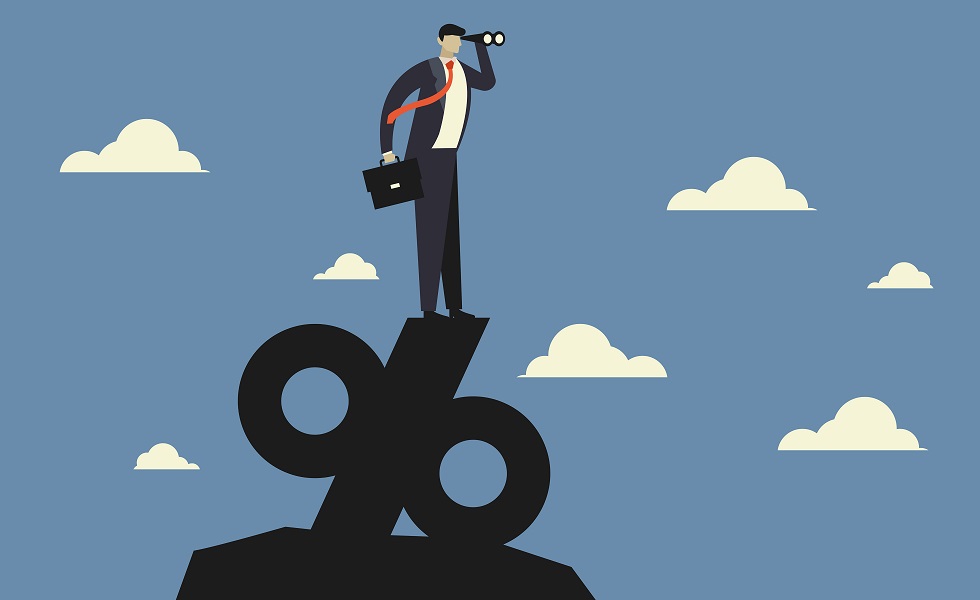Columbia Threadneedle: When will the interest rate hikes in the US and Europe end?
Columbia Threadneedle: When will the interest rate hikes in the US and Europe end?

The Fed will continue to raise interest rates until a recession is imminent. The situation is different in Europe, and interest rates will only have to go up a little more, expects Columbia Threadneedle economist Steven Bell. Why this is and what exactly it will mean for the financial markets, he explains in his weekly commentary.
Below are a few highlights:
- Headline inflation is similar in Europe and the US, but the composition is quite different. Energy prices are the chief culprit in the EU and UK, but domestic pressures such as wage growth and rents predominate in the US.
- I cannot see a scenario in which inflation pressures in the US are brought under control without a recession. That means the Federal Reserve has to keep raising interest rates until they can see a recession is imminent. I think this will all change by year-end, but my guess is US interest rates are headed considerably higher.
- It's a different story in Europe. We’re going to get a recession over the winter in Europe and the UK, but that is due to a supply shock – and the classic argument is that you don’t need a monetary policy response to a supply shock or at least you don’t need to raise rates. The energy part of the rise in inflation is likely to be transitory. My guess is the Bank of England and the ECB may only be forced to raise interest rates a bit further.
- What does this mean for financial markets? Recession is bad news for corporate earnings, and higher interest rates combined with a recession constitute a double whammy. It looks like risk assets could be in for tough times over the next few months.










